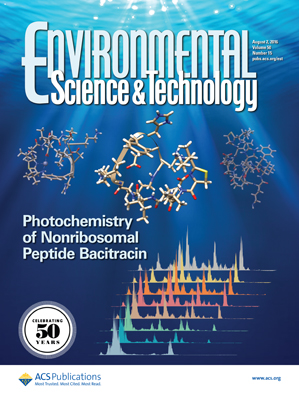Assessing the Climate Trade-Offs of Gasoline Direct Injection Engines
Compared to port fuel injection (PFI) engine exhaust, gasoline direct injection (GDI) engine exhaust has higher emissions of black carbon (BC), a climate-warming pollutant. However, the relative increase in BC emissions and climate trade-offs of replacing PFI vehicles with more fuel efficient GDI vehicles remain uncertain. In this study, BC emissions from GDI and PFI vehicles were compiled and BC emissions scenarios were developed to evaluate the climate impact of GDI vehicles using global warming potential (GWP) and global temperature potential (GTP) metrics. From a 20 year time horizon GWP analysis, average fuel economy improvements ranging from 0.14 to 14% with GDI vehicles are required to offset BC-induced warming. For all but the lowest BC scenario, installing a gasoline particulate filter with an 80% BC removal efficiency and <1% fuel penalty is climate beneficial. From the GTP-based analysis, it was also determined that GDI vehicles are climate beneficial within <1–20 years; longer time horizons were associated with higher BC scenarios. The GDI BC emissions spanned 2 orders of magnitude and varied by ambient temperature, engine operation, and fuel composition. More work is needed to understand BC formation mechanisms in GDI engines to ensure that the climate impacts of this engine technology are minimal.


